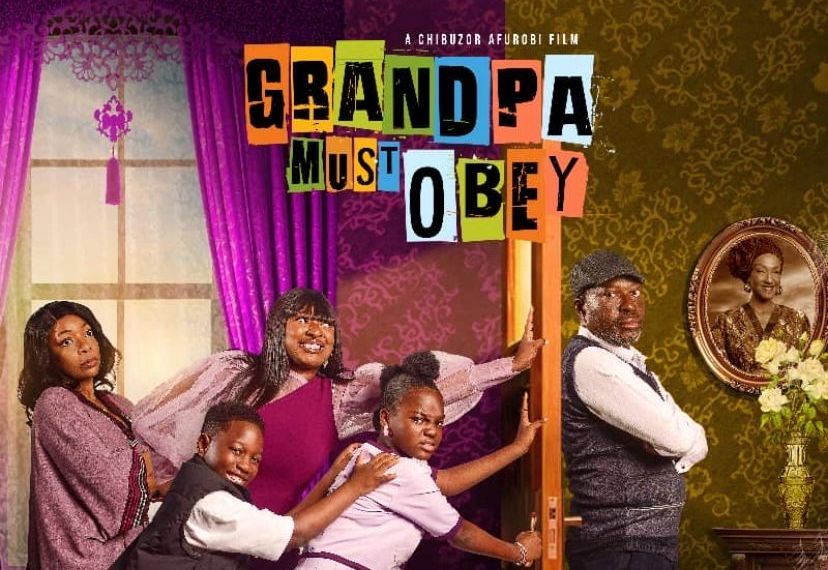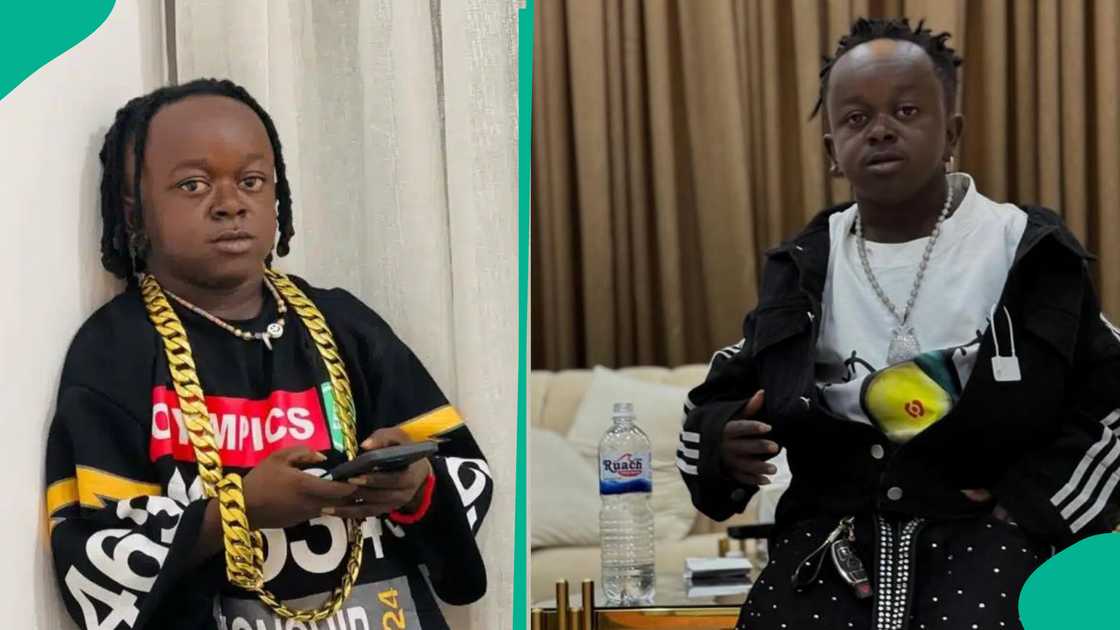In a dynamic week for African pop culture, strong voices and major shifts took centre stage. Bimbo Akintola stirred debate with her candid takes on relationships, Elon Musk jumped into a global controversy over kids’ content, BBNaija dished out its most dramatic eviction yet, and Africa Magic premiered new programmes set to shake up the TV landscape. From relationship norms to reality TV drama and media representation, it was a week that showcased the evolving ambitions, conversations, and challenges in Nigerian and West African entertainment.
Catch up below for analysis, background context, and what it all means locally and beyond.
Bimbo Akintola, Fidelity, and the Conversation on Men & Marriage
Celebrated Nollywood actress Bimbo Akintola is no stranger to bold statements, and this week she once again stepped into the spotlight with remarks that reignited discussions about polygamy, fidelity, and how gender roles are perceived in Nigeria. In an interview on the show “Talk To B,” Akintola alleged a “shortage of men,” going so far as to recommend polygamy—not just as a return to tradition, but as a matter of necessity in today’s world.
Referencing her Yoruba heritage, she described how multi-wife households were once the norm and highlighted situations in modern Nigeria where some women, for reasons ranging from sexual compatibility to domestic harmony, reportedly encourage their husbands to take a second wife. “Raise your sons the same way you raise your daughters. Teach your sons that their body is the temple of God, the same way you teach your daughters,” Akintola advised, underscoring the need for equal standards of sexual discipline.
Her perspective touches a nerve in ongoing debates over whether the embrace of polygamy truly addresses relationship dilemmas, or whether appeals to “tradition” sometimes mask ongoing inequities. Some cultural commentators argue that framing men as “scarce resources” and women as rivals fosters unhealthy competition and distracts from shared responsibility within relationships. Professor Funmi Adebayo, a gender studies expert at the University of Ibadan, notes, “Such narratives risk objectifying both men and women, rather than promoting a dialogue about partnership and accountability.”
Akintola’s comments have generated mixed reactions online and off. In Lagos, women’s rights advocate Nkem Chukwuma welcomed her call for equal upbringing of sons and daughters, saying, “Equality must start in the home if we want lasting progress.” However, others remain skeptical of reviving polygamy in urban, cosmopolitan settings, pointing out that economic, social, and legal landscapes have shifted significantly since the days when such arrangements were commonplace.
The debate has also been linked to ongoing discussions around infidelity. According to a 2021 National Demographic Health Survey (NDHS Nigeria), rates of marital infidelity have shown no significant gender difference, challenging the stereotype that men are innately less faithful than women. Akintola herself emphasizes that fidelity is not genetic, but learned—further fueling reflection around upbringing and values in modern African society.
Ultimately, Akintola’s juxtaposition of traditional values and a plea for cultural reset encapsulates the wider tension: Nigeria and much of Africa stand at a crossroads, negotiating how to honour heritage while adapting to contemporary realities.
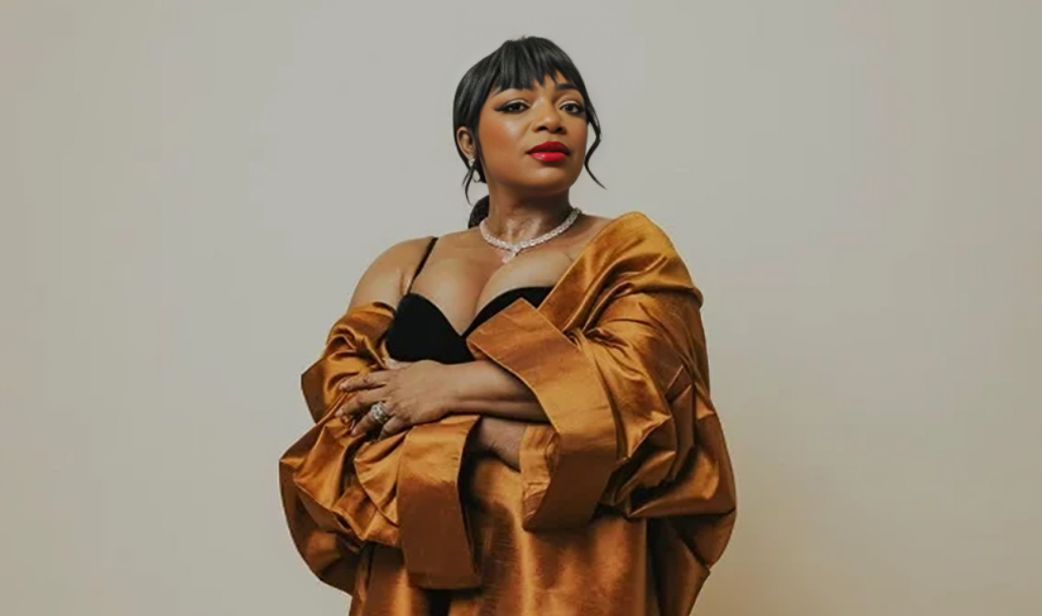
BBNaija Season 10: Disqualification Shakes Finale Week
Reality TV devotees were left reeling after a tense episode in the Big Brother Naija house. Faith, a contender in Season 10, was disqualified just days before the finale, following a physical confrontation with housemate Sultana. The clash occurred during a group activity, when an argument over a bucket escalated and Faith pulled it from Sultana’s grasp, resulting in Sultana injuring her ankle.
Big Brother wasted no time: after reviewing the incident on camera, he summoned the housemates and announced Faith’s immediate removal, thereby ending his ₦150 million journey. As per established house rules, any form of violence mandates an automatic exit—demonstrating the producers’ commitment to a zero-tolerance approach.
Online reactions came swiftly, with the BBNaija faithful expressing everything from outrage to relief. “Violence in any form isn’t entertainment,” tweeted media analyst Wale Ogunleye, echoing a growing segment of viewers prioritizing housemate safety and show integrity. Others defended Faith’s tenure as one of the season’s most memorable, lamenting a talent lost to momentary anger.
The incident also reignited conversations about aggression on reality TV in Nigeria and across the continent—should the genre introduce better training and support systems for participants? According to a 2023 Pulse poll, 78% of BBNaija fans agreed with Faith’s disqualification, while 16% felt more leniency might have been granted given the pressures of the house environment.
Elon Musk, Netflix, and the Debate Over Children’s TV
Globally, one of the week’s biggest controversies saw billionaire entrepreneur Elon Musk weighing in on the role of LGBTQ+ themes in children’s programming. The spark: a clip from Netflix’s animated show Dead End: Paranormal Park—which features Barney, a transgender teenage boy protagonist—went viral on social platforms.
As the video circulated, Musk reposted it on X, urging, “Cancel Netflix for the health of your kids.” His post swiftly gained traction, drawing support from some conservative commentators and igniting a passionate debate over representation and parental control. Meanwhile, the show’s creator Hamish Steele reportedly made comments referencing the death of an American conservative activist, further stoking controversy and amplifying reactions.
Within hours, Netflix reportedly saw its stock dip by nearly 2%, highlighting the financial and cultural impact such public figures can have. On one side, critics labeled shows like Dead End as examples of “indoctrination,” questioning whether young audiences—some as young as seven—should be exposed to conversations about gender identity. Supporters, meanwhile, argue that increased diversity on-screen can help all children feel seen and understood.
Local media scholar Dr. Seye Ajayi remarks, “Africa is increasingly impacted by global content and debates, but reactions are filtered through complex, homegrown attitudes.” In Lagos and Accra, many parents voiced uncertainty: should streaming platforms be left to self-regulate, or should government guidelines play a stronger role? No Nigerian regulatory action has yet been signaled in response to Dead End, but the global resonance of Musk’s intervention raises questions that may soon reach African policymakers as well.
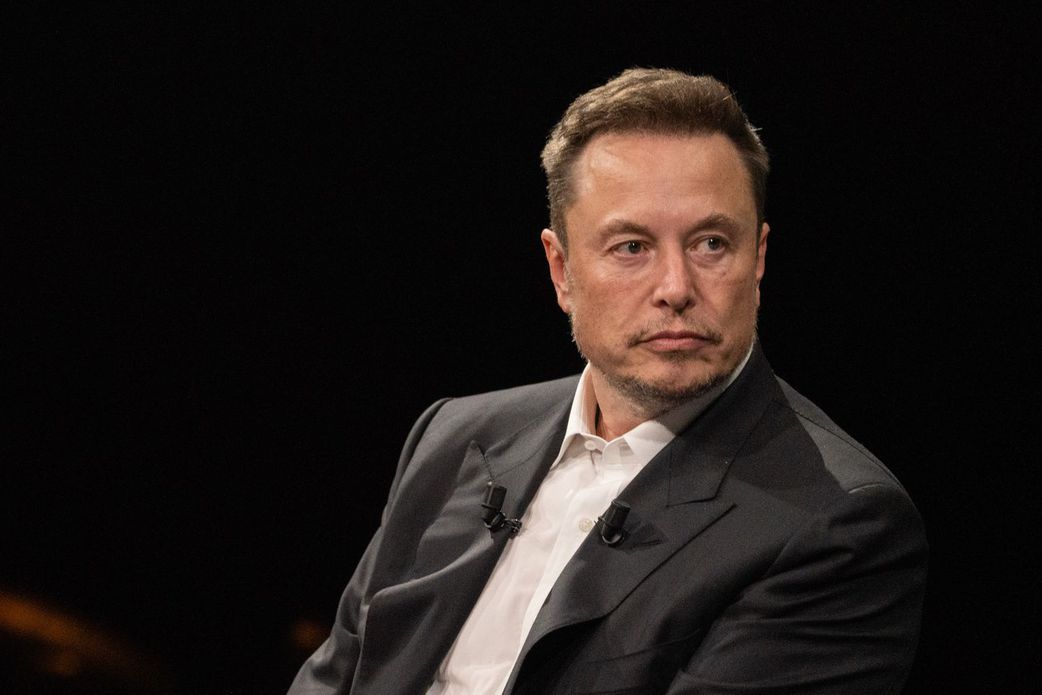
Africa Magic Rolls Out New Must-Watch Nigerian Series
Back home, Africa Magic turned the focus from controversy to creativity, launching a fresh slate of original series aimed at redefining primetime viewing. At a star-studded event on September 30 in Lagos, the broadcaster introduced four new drama projects with storylines spanning intrigue, tradition, and fantasy.
- The Low Priest (130 episodes): This gripping epic follows two men who breach a sacred shrine, one finding favour with the gods, the other condemned. The show blends spiritual themes with personal drama, reflecting the diverse beliefs present across Nigeria’s regions.
- Mother of the Bride (39 episodes): A Lagos matriarch faces a race against time as she must marry off one of her four daughters within 45 days or risk losing her inheritance. This series promises laughter, family rivalry, and cultural commentary familiar to many Nigerian homes.
- Etiti (The World Between Worlds) (26 episodes): Helmed by acclaimed director Daniel Oriahi and produced by comedian Basketmouth, this fantasy adventure tells of a warrior, trapped in the afterlife, who must unite with a goddess to save his beloved. Scheduled for an October 2 premiere, it’s a bold foray into genres rarely explored so deeply on the Nigerian small screen.
These originals demonstrate Africa Magic’s commitment to elevating local talent and narratives. Speaking at the unveil, channel executive Amina Oladipo said, “Stories rooted in our culture and experience are powerful tools for global relevance and unity within Africa.”
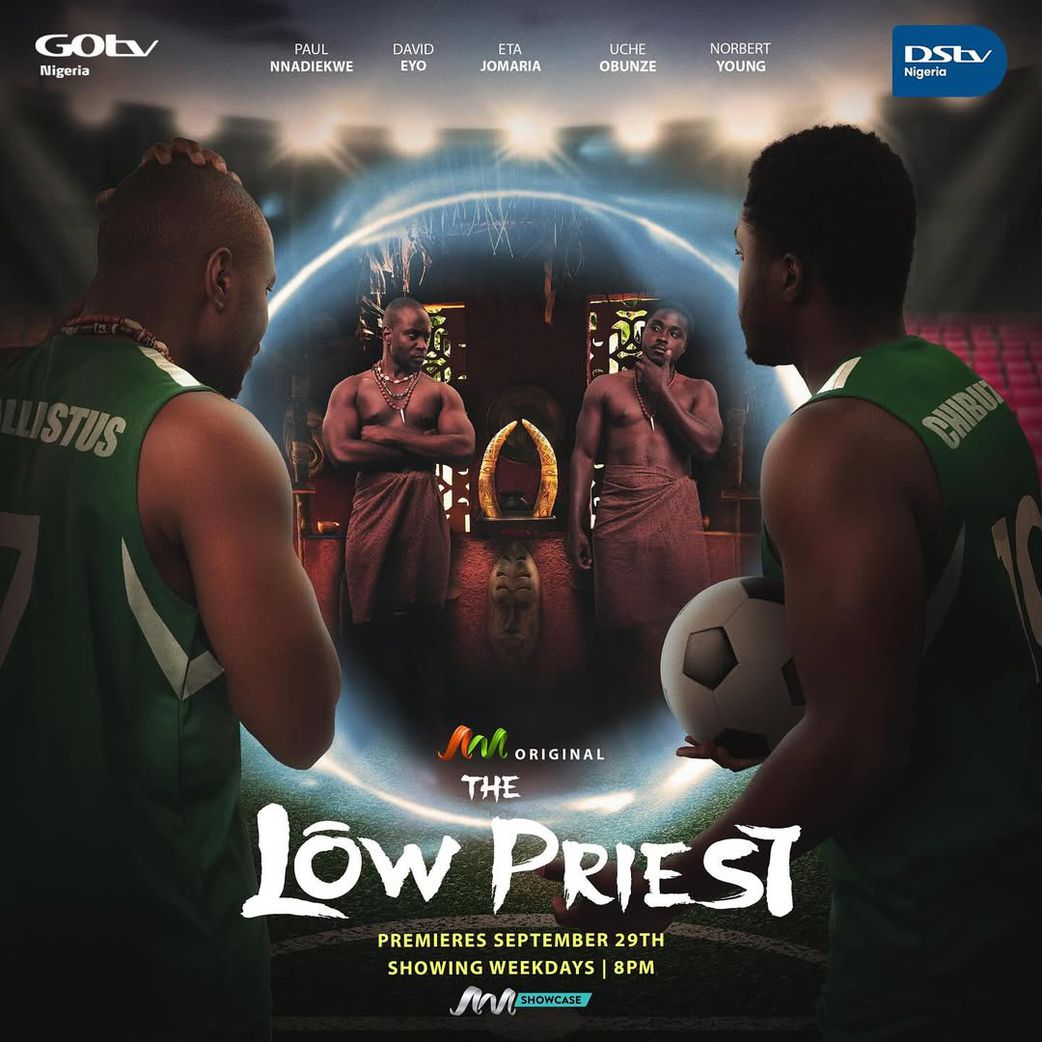
Looking Ahead: Changing Narratives and Audience Expectations
Across Nigerian and African media, a new openness is evident. From open talk about gender roles and fidelity to challenging conversations on global media’s effect on local culture, the region is asking tougher questions and demanding fresh answers.
This week alone, Bimbo Akintola spurred debate on marriage norms; BBNaija enforced its standards as a top-trending export; and Africa Magic took local storytelling to the next level. Even Elon Musk’s online interventions showed just how closely Africa is linked to global debates on identity and media.
With the final quarter of the year underway and viewer preferences rapidly evolving, only one thing is certain: Nigerian entertainment and society are on the precipice of even bigger changes. Audiences and content creators alike are being asked to reconsider long-held beliefs and embrace bold, inclusive storytelling.
What’s your perspective on the ongoing cultural shifts—from changing relationship norms to new expectations of our entertainers and media leaders? Drop your thoughts in the comments below and join the conversation.
Have something to say about relationships, Nigerian pop culture, or the latest entertainment news? We want to hear from you! Share your thoughts in the comments, or let your voice reach an even wider audience by submitting your story to us directly.
Do you have a story you think should be told—or one you’d like to sell? Email us at story@nowahalazone.com and your experience could be featured on our site.
Stay updated with the latest trends, exclusives, and opinions—follow us on Facebook, X (Twitter), and Instagram.
For general inquiries or support, reach out anytime at support@nowahalazone.com. Join the discussion—your opinion matters!



